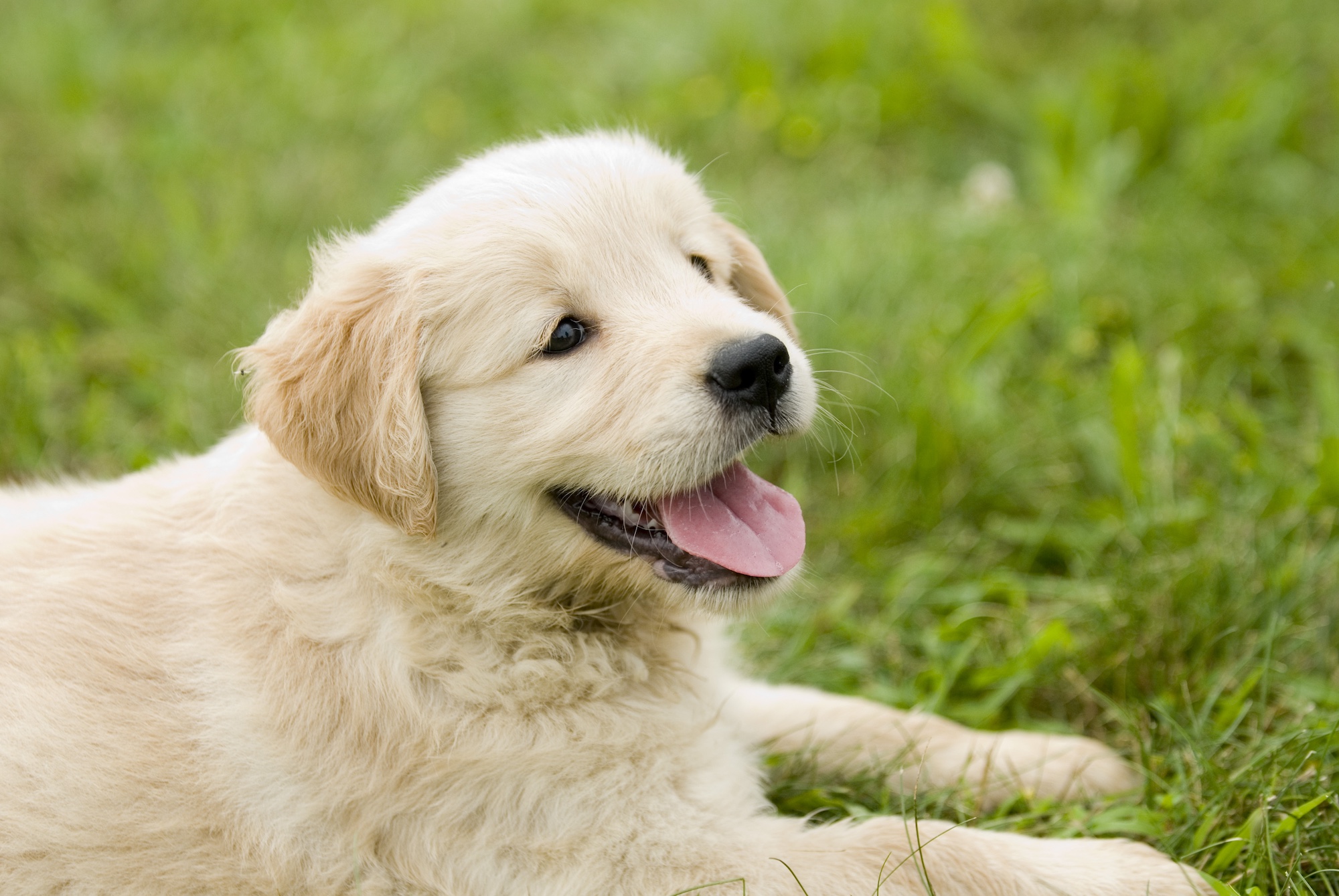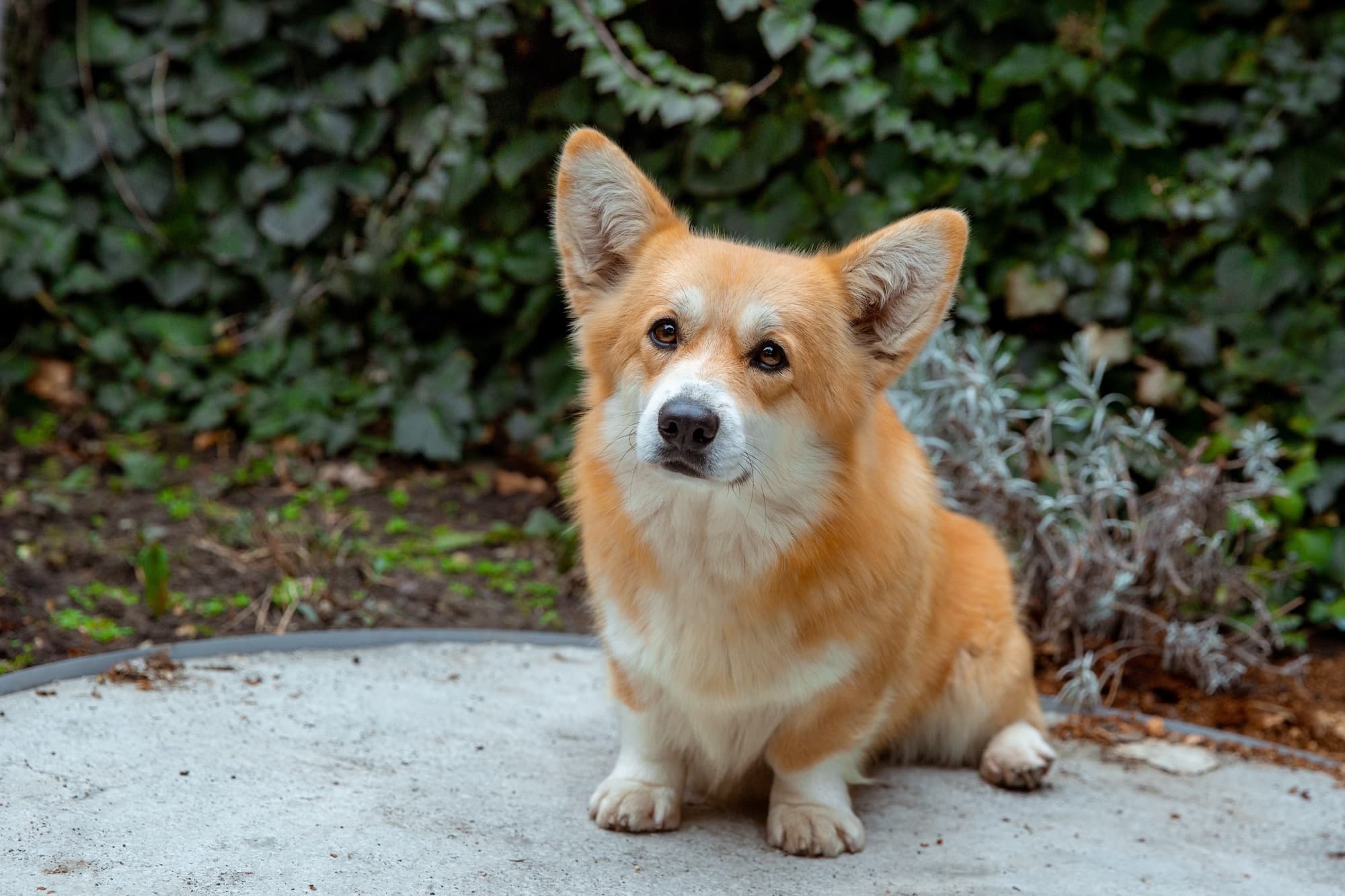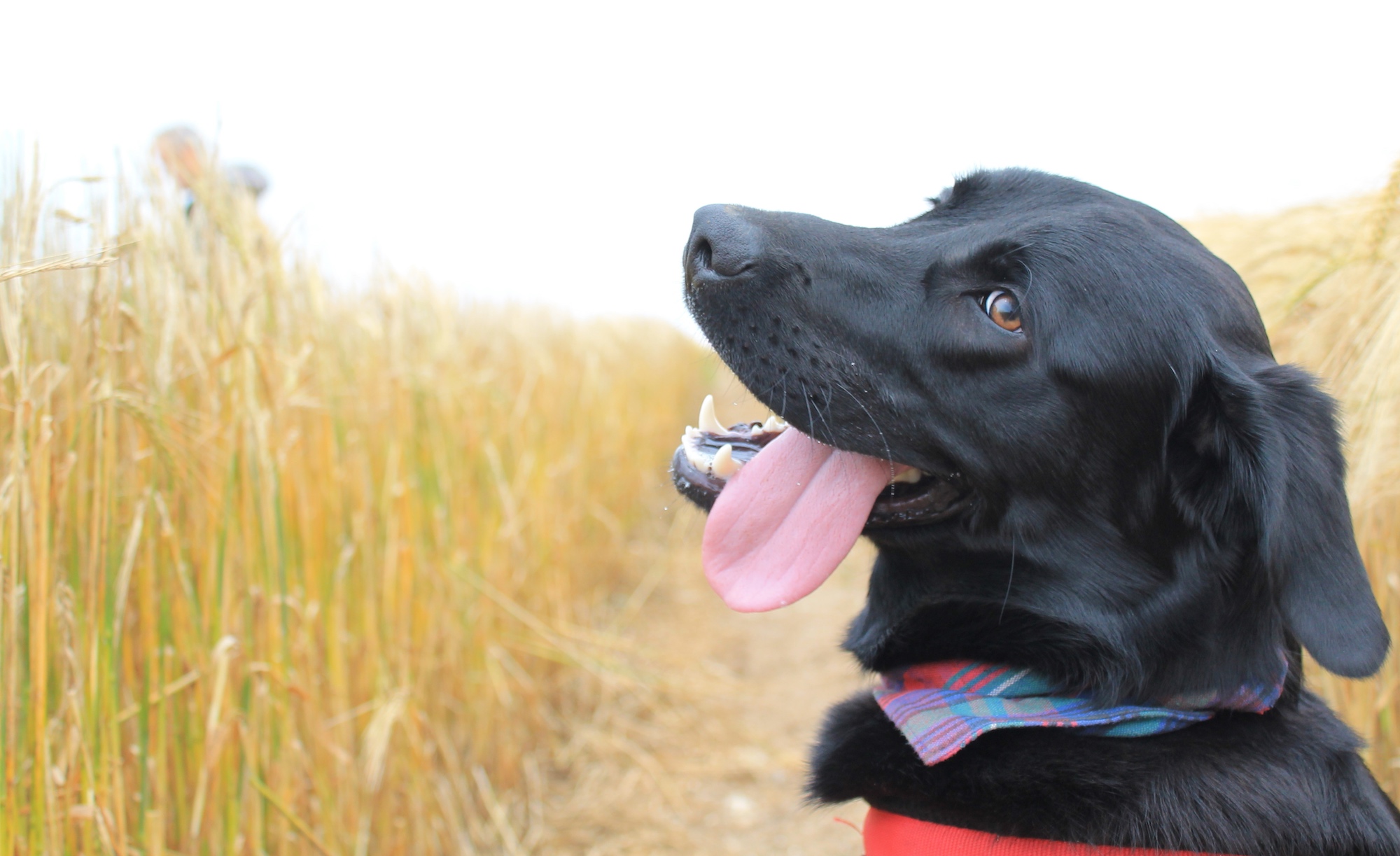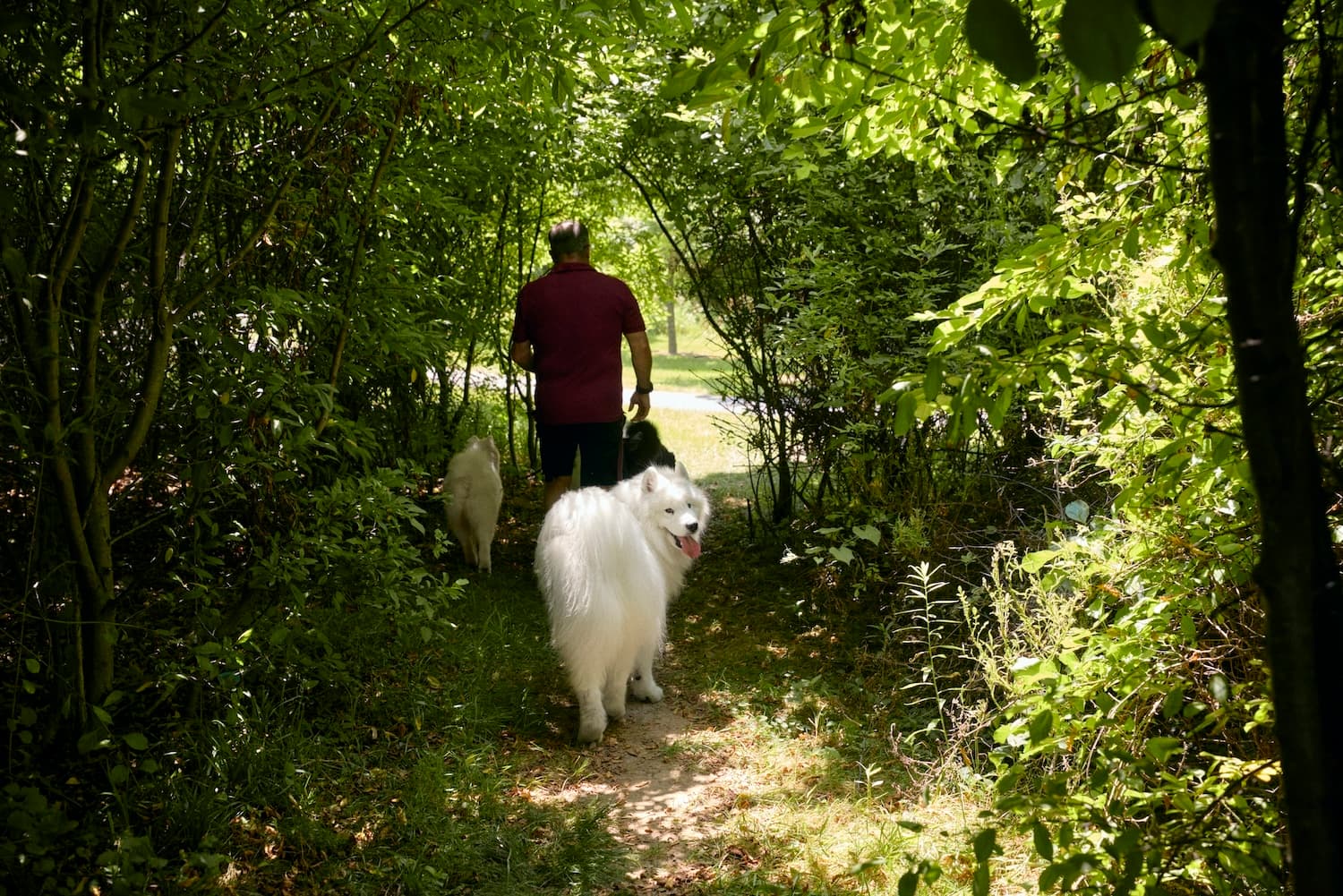We all want to protect our dogs—and, especially when the dogs in question are brand-new, helpless puppies, that desire can take the form of a rather intense anxiety over every slight variation in their behavior. There’s no need to panic if your puppy seems to be breathing faster than you’d expect, but it’s good to pay attention to them and make sure you’re giving them the care they need to grow into a happy, healthy adult dog. With that, let’s go through some reasons your puppy might be breathing quickly.
But first, a reminder: always call your vet’s office if you notice that your dog is acting strangely or seems uncomfortable—they’re most qualified to let you know what you should do to help them.
Puppies breathe a little faster than adult dogs on average
Puppies’ heart rates tend to be higher than adult dogs’, and they often breathe faster as well. The difference isn’t super drastic—a puppy’s resting respiratory rate ranges from 15 to 40 breaths per minute rather than 10 to 30, so there’s even considerable overlap in healthy adult dogs and puppies. To figure out what your pup’s resting respiratory rate is, count how many breaths they take over a 60-second period while they’re at rest. If you count more than 40, or if it’s much more than usual, consult a vet.
Puppies breathe faster during and after exercise
It’s normal for any dog to breathe faster than usual if they’ve been exercising. So if your puppy has been running around, playing fetch, or wrestling with a canine pal, you can reasonably expect them to huff and puff for a little while. But if that goes on for more than ten minutes or so after their exercise is over, or if they seem to be having trouble getting air, that can indicate a serious problem. In general, while exercise is important, make sure not to give your dog more than they can handle. Puppies in particular should have a fairly limited exercise schedule to protect their growing bodies. Talk to your vet if you’re not sure how much of a workout is right for your pup.
Puppies breathe faster when they’re excited or scared
Everything is new to puppies, and they frequently get worked up. If your dog is in the midst of a thrilling play session, if their best pal just walked in, or if they caught a glimpse of their favorite treat, part of their reaction may involve a temporary increase in their breathing rate. This can also happen if something—like an unexpected noise, for example—has frightened your dog. If the faster breathing subsides within a few minutes, it’s probably nothing to worry about as long as they don’t seem to be in distress or have trouble getting enough air.
Puppies breathe faster when they need to cool down
Dogs primarily cool themselves down by panting; if your dog is out on a hot day, or if your home has gotten steamy, you may notice them doing so. Make sure you protect your pup from extreme temperatures, avoid exercise when it’s sweltering out, give them the benefit of air conditioning when the temperature is uncomfortable for humans, and always offer them a supply of clean water.
Puppies may breathe faster because of serious medical issues
Unfortunately, sometimes puppies who are breathing faster have serious diseases or injuries that require medical attention. That’s why it’s important to watch them closely and contact a veterinarian if you’re not sure what’s bothering them. Problems that cause prolonged rapid breathing or trouble getting enough air can involve the heart, lungs, or blood. A dog who continues breathing rapidly may not necessarily suffer serious or long-term consequences, but the safest approach is to get them examined right away.





